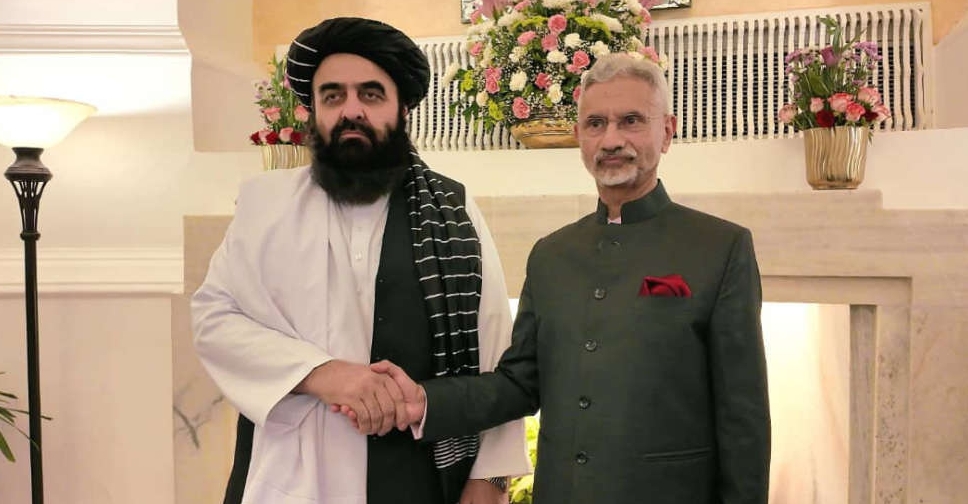
After the Taliban seized power in Afghanistan in August 2021, India shut down its Kabul embassy due to security concerns. However, recognizing Afghanistan’s strategic importance, India decided to upgrade its “technical mission” in Kabul to a full-fledged embassy—marking the first step toward normalizing ties with the Taliban regime.
India–Afghanistan Relations
Historically, India and Afghanistan have shared deep civilisational, cultural, and developmental ties. India has invested heavily in Afghan infrastructure, such as the Salma (India–Afghanistan Friendship) Dam and the Parliament building. These relations were disrupted after the Taliban’s takeover, but the current re-engagement aims to restore those connections while protecting India’s regional interests.
Recent Diplomatic Developments
External Affairs Minister S. Jaishankar met Taliban Foreign Minister Amir Khan Muttaqi in New Delhi. Both sides agreed to respect each other’s sovereignty and territorial integrity, condemned terrorism, and discussed cooperation in healthcare, energy, and humanitarian projects. India also committed to helping resettle Afghan refugees and enhance medical infrastructure like the Indira Gandhi Institute of Child Health in Kabul.
Geostrategic Necessity
India’s engagement is driven by pragmatic considerations. Since 2021, regional dynamics have changed: Pakistan has strained ties with the Taliban; Iran and Russia face internal and external challenges; China is expanding its influence by formalising ties with the Taliban. In this environment, New Delhi views engagement with Kabul as essential to protect its investments and maintain strategic balance in the neighbourhood.
Economic and Developmental Cooperation
The Taliban invited Indian companies to invest in Afghanistan’s mining and hydroelectric sectors. Both sides agreed on cooperation in sustainable water management and energy generation, signalling an economic opening that could strengthen trade and reduce China’s monopoly in Afghan infrastructure.
India’s Balancing Act
While India engages the Taliban government, it remains cautious and has not granted formal recognition. The Taliban’s record on human rights and women’s freedoms remains a major concern. India aims to balance its strategic interests with its commitment to the Afghan people’s welfare and global democratic norms.
International Dimension
The UN Human Rights Council has initiated an independent investigation into rights abuses in Afghanistan. Amidst global reluctance to legitimise the Taliban regime, India’s approach reflects “pragmatic engagement without endorsement”, ensuring it stays relevant in Afghan affairs while supporting humanitarian causes.
Conclusion
India’s renewed engagement with the Taliban signifies a realistic foreign-policy shift—acknowledging on-ground realities while safeguarding its national and regional interests. For UPSC, this case illustrates India’s pragmatic diplomacy, strategic autonomy, and the delicate balance between security, ethics, and realpolitik in its neighbourhood policy.
